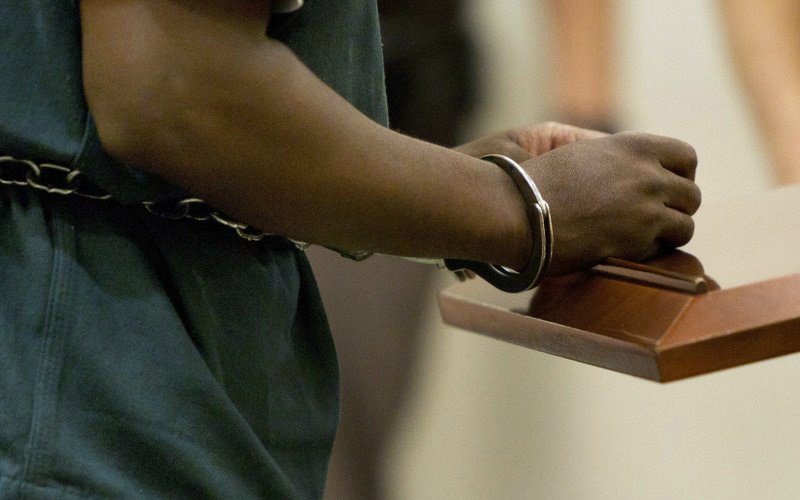Roughly 12,500 Afghans are being housed at Fort McCoy in Wisconsin after being airlifted from their homeland last month during President Joe Biden's military withdrawal from Afghanistan. Now, two male Afghan refugees are facing federal indictments for crimes allegedly committed at Fort McCoy.
According to the U.S. Department of Justice, a 20-year-old Afghan evacuee is being charged with four counts of sexual misconduct with a minor (one involving use of force), while a 32-year-old Afghan man is being charged with assaulting his wife by choking and suffocating her at the military installation. Both men have been removed from the base and are being held at the Dane County jail.
Ira Mehlman, a spokesman for the Federation for American Immigration Reform, describes the incidents as another example that the Biden administration's planning for the U.S. withdrawal from Afghanistan wasn't done properly.

"They didn't plan properly for the withdrawal of our troops or getting the people who actually helped us out of Afghanistan – or even for getting American citizens out of Afghanistan," he exclaims. "Clearly, a lot of people who should not be resettled in the United States got out on those airlifts because they were able to get onto the tarmac and onto a plane."
And Mehlman says even the head of Homeland Security admitted what a debacle it was.
"According to testimony that Homeland Security Secretary Alejandro Mayorkas gave it was about 3% of the people who got out were actually people who would have qualified for the Special Immigrant Visas," he shares.
If convicted, the 20-year-old faces a minimum of 30 years in prison and a maximum of life; the older man faces a maximum sentence of 10 years in prison.







